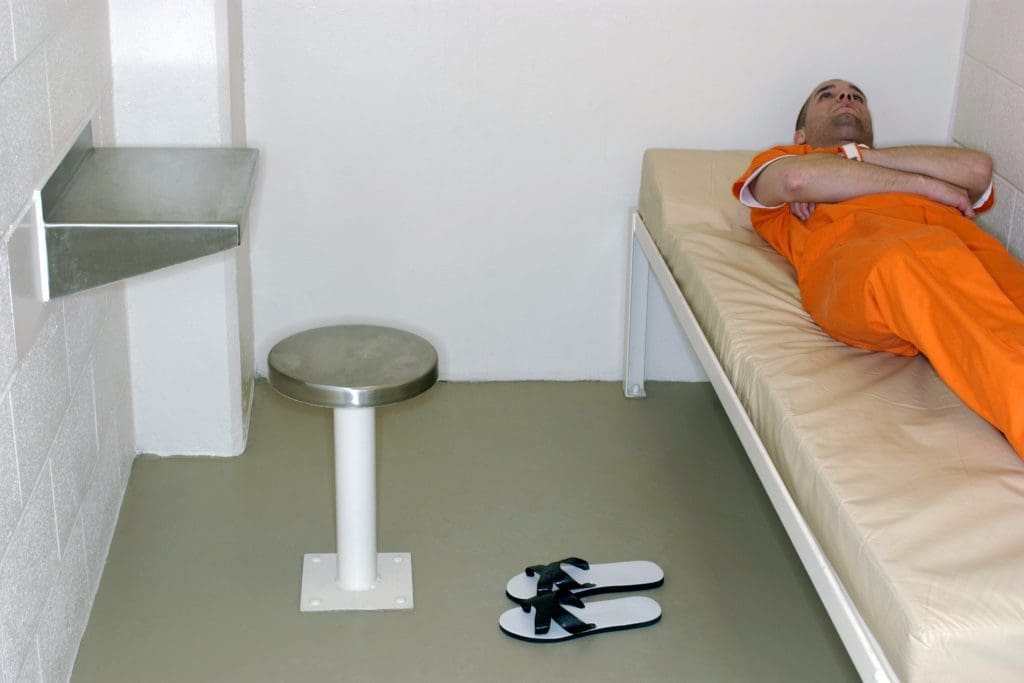Shoplifting

Navigating Shoplifting Charges: A Step-by-Step Legal Guide
Shoplifting is a criminal offense that involves the unauthorized taking of merchandise from a retail establishment. Often perceived as a petty crime, the legal consequences of shoplifting can be unexpectedly severe, with repercussions that may extend far beyond the courtroom.
The legal system classifies shoplifting under theft or larceny, and penalties can range from fines to jail time, depending on the value of the stolen goods and the jurisdiction’s laws. First-time offenders might face less severe penalties, but repeat offenses can lead to felony charges, marked by harsher punishments.
When accused of shoplifting, the first step is to understand the charges against you. The specifics of the accusation, such as the value of the purportedly stolen items and the circumstances of the incident, are crucial. It is here that a legal advisor can begin forming a defense strategy that challenges the prosecution’s case.
One common defense against shoplifting charges is to contest the intent. The burden is on the prosecution to prove that the accused had a deliberate intention to steal. Without clear evidence of intent, the charges may be reduced or even dismissed. Another defense could be the assertion of a mistake, such as inadvertently leaving a store with an item.
If the shoplifting charge proceeds to trial, the accused has the right to a fair hearing. The defense attorney will question witnesses, cross-examine the prosecution’s evidence, and present any contradicting evidence. The goal is to create reasonable doubt about the guilt of the accused.
In some instances, particularly for first-time offenders or minor infractions, the court may offer alternatives to traditional sentencing, such as diversion programs. These programs aim to rehabilitate rather than punish, often involving community service, restitution to the retail establishment, and educational courses on the legal and social consequences of shoplifting.
It’s also essential to consider the long-term effects of a shoplifting charge. A conviction can lead to a permanent criminal record, affecting employment, education, housing opportunities, and even immigration status. For juveniles, the consequences can interrupt educational paths and lead to greater scrutiny in future legal matters.
For those facing shoplifting charges, time is of the essence. Immediate action can mean the difference between a dismissed case and a conviction. Legal counsel can provide guidance on the steps to take, from securing any surveillance footage that might exonerate the accused to negotiating with prosecutors for lesser charges.
In conclusion, shoplifting charges should be taken seriously. With the potential for significant legal consequences, obtaining prompt, expert legal advice is the best course of action. An attorney with experience in theft crimes can provide invaluable assistance, ensuring that your rights are protected and working towards the most favorable outcome.



